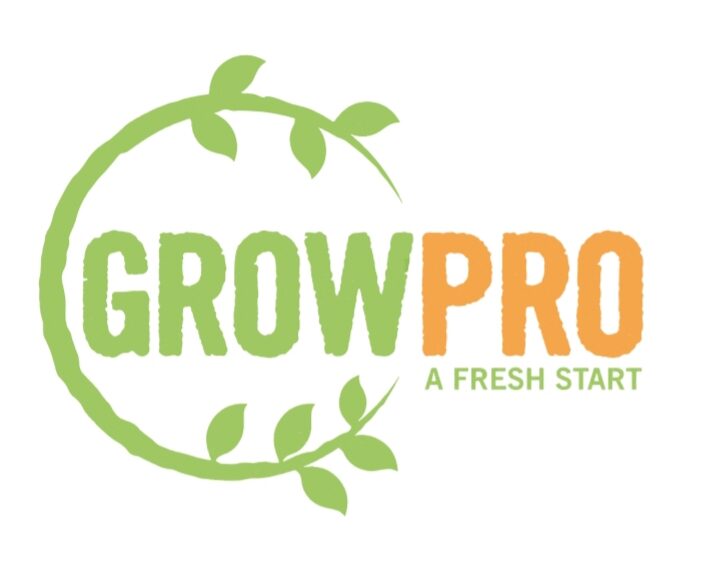The market for hydroponic growers and produce has been steadily increasing since COVID over the last couple of years. People have realized the importance of clean, healthy eating and sustainability.
Throughout our long journey in this industry, our hydroponic systems have been installed in various settings: from residences for self-consumption to restaurants for a farm-to-table experience, to offices for beautification and employee engagement activities, to large terraces and parcels of land for commercial purposes.
Our latest initiative is in Educational Institutions.
- We aim to incorporate new agricultural technologies into the syllabus.
Where students can study the history of hydroponics, its comparison to traditional soil-based agriculture, types of hydroponic systems, nutrient and water management, environmental control, and the types of plants that can be grown.
- Students gain hands-on experience growing and taking produce home.
Here, students are taught to set up the hydroponic growers, select seeds/growing media, perform germination and transplantation, prepare nutrient solutions, manage pH and EC levels, maintain the system, and handle harvesting and post-harvesting. Based on this, students can also design and innovate their own hydroponic systems. Taking the produce home, cooking it, and enjoying the fruits of their labor gives students a deep sense of satisfaction and accomplishment.
- The produce is also used in the canteen.
The fresh, pesticide-free veggies grown in-house are used in the canteen, giving students and visitors a truly farm-to-table experience.
- It serves as an aesthetically appealing green wall.
Apart from yielding nutritious leafy greens and fruiting plants, our hydroponic growers also add to the aesthetic appeal of a place. Not only that, our indoor growers have LED grow lights shining on the plants, making them even more attractive. When growing herbs, they also add a soothing aroma to the surroundings.
- Promoting sustainability among visitors and students.
Our hydroponic growers define sustainability! We recycle 100% of water, saving 90% compared to conventional farming. We prevent soil contamination by growing without it. The carbon footprint is reduced as we grow at the point of consumption.
Many educational institutions are adopting hydroponics and feel it is important to promote healthy eating habits and sustainable practices among children of all age groups. Farming is often also considered very therapeutic, helping in calming children and promote well-being.
We have set up our hydroponic systems at B.D. Somani International School, Finland International School, Bombay International School, Museum of Solutions, Anjuman I Islam, SIES, and the National Institute of Fashion Technology, to name a few. We believe that introducing and educating students about innovative farming practices at a young age will pave the way for a brighter future.
